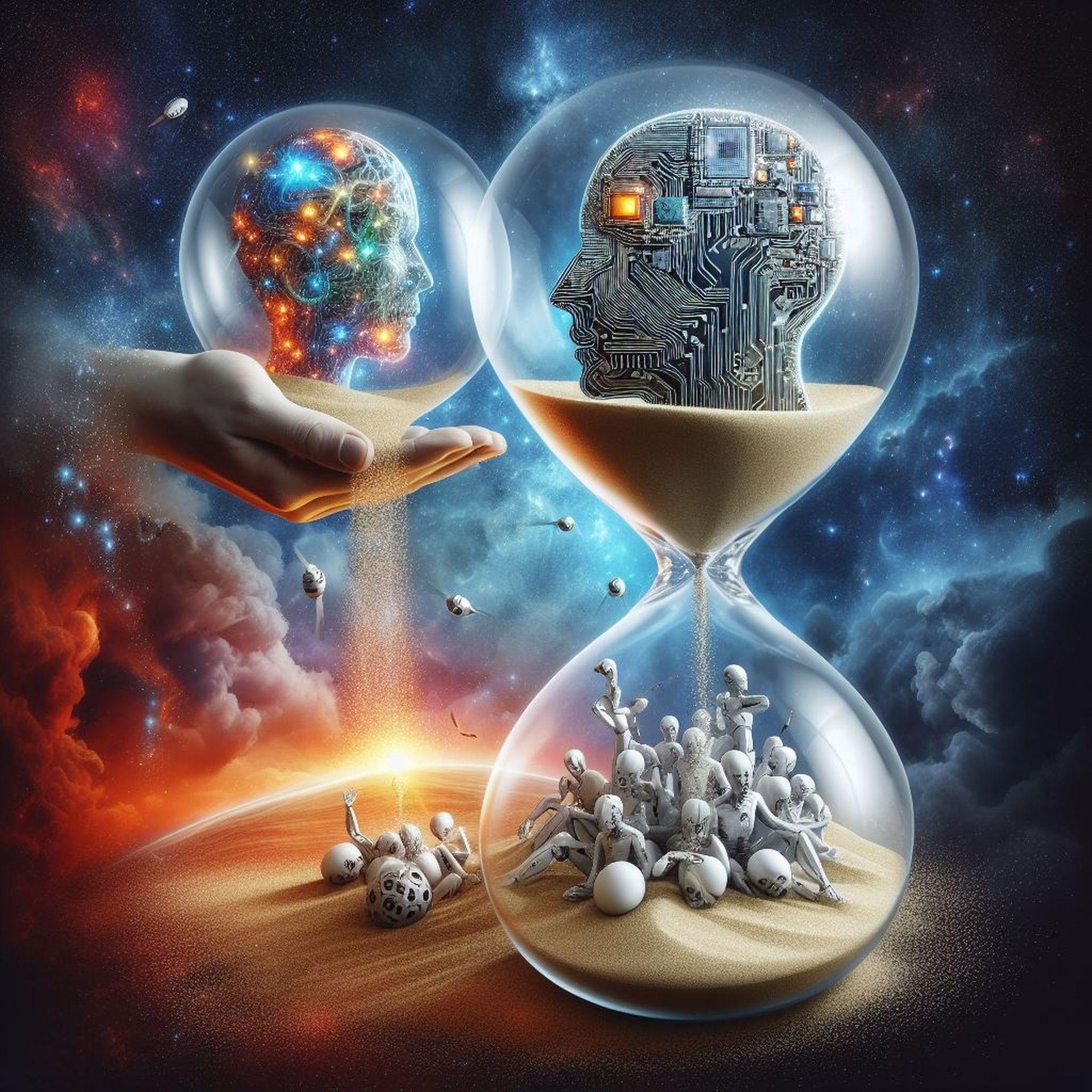Elon Musk, the CEO known for pushing the boundaries of technology, recently made some thought-provoking statements about artificial intelligence (AI). In a recent interview, Musk suggested that AI could surpass human intelligence as soon as next year or possibly by 2026 if it can overcome certain challenges.
Why Elon Musk thinks AI will be smarter than humans by 2026?
Elon Musk’s statements during the interview primarily revolved around the development of artificial intelligence (AI) and its potential trajectory towards achieving Artificial General Intelligence (AGI). Musk made several key points:
- Timeline for AGI development: Musk expressed his belief that AGI, which he defined as AI smarter than the smartest human, could materialize as early as next year, or by 2026 at the latest. This suggests a rapid acceleration in AI capabilities surpassing human intelligence.

- Challenges in AI development: Musk highlighted the constraints faced by AI development, particularly in terms of hardware limitations, such as the availability of advanced chips like NVIDIA’s B200 AI GPUs. He emphasized the need for significant computational power to train AI models effectively.
- AI’s dependency on electricity: Musk pointed out that while hardware constraints are significant, the availability of electricity will be crucial for AI advancements in the coming years. This underscores the importance of a reliable and sustainable energy infrastructure to support the computational demands of AI systems.
- Grok’s training and AI models: Musk mentioned the ongoing development of Grok, an AI chatbot from his xAI startup, and the challenges involved in training its models. He discussed the need for substantial computational resources, such as GPUs, to train advanced AI models like Grok.
These statements from Musk are directly related to the concept of AGI, which represents AI systems capable of understanding, learning, and applying knowledge across diverse domains at a level comparable to or exceeding human intelligence. Musk’s projections and insights into AI development highlight the race towards achieving AGI and the technological, ethical, and societal implications associated with it. AGI represents a significant milestone in AI evolution, with far-reaching implications for various industries and society as a whole. Therefore, Musk’s remarks provide valuable insights into the ongoing pursuit of AGI and the challenges and opportunities it presents.
What is AGI?
AGI stands for Artificial General Intelligence. It’s like the super-smart brain of a computer that can understand and learn from any task or problem, just like humans do. Unlike some AI that’s good at specific things, AGI would be smart across the board. Imagine a computer that can think, learn, and solve problems like a human, but maybe even faster and better at some things!

If Artificial General Intelligence (AGI) becomes a reality, it could usher in sweeping changes across society. AGI possesses the ability to revolutionize automation, accelerate innovation, and potentially disrupt traditional job markets. However, its emergence also raises ethical and regulatory challenges, necessitating robust frameworks to ensure responsible development and deployment. Moreover, AGI could foster new forms of collaboration between humans and machines, prompting cultural and social shifts as we navigate the complexities of an AI-driven future.
Do you need a more detailed artificial general intelligence definition? Visit the related article and explore!
Featured image credit: Eray Eliaçık/Bing






